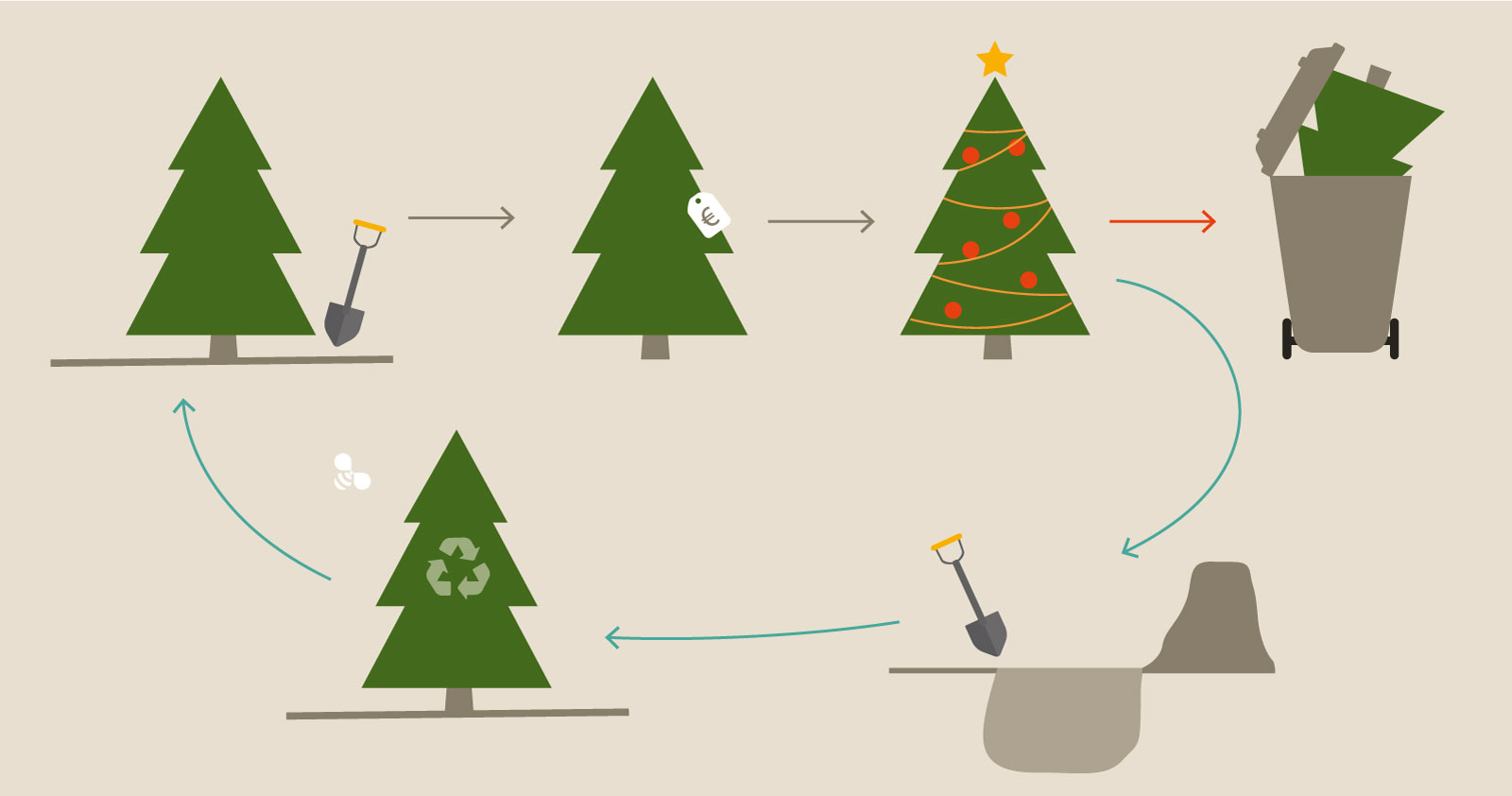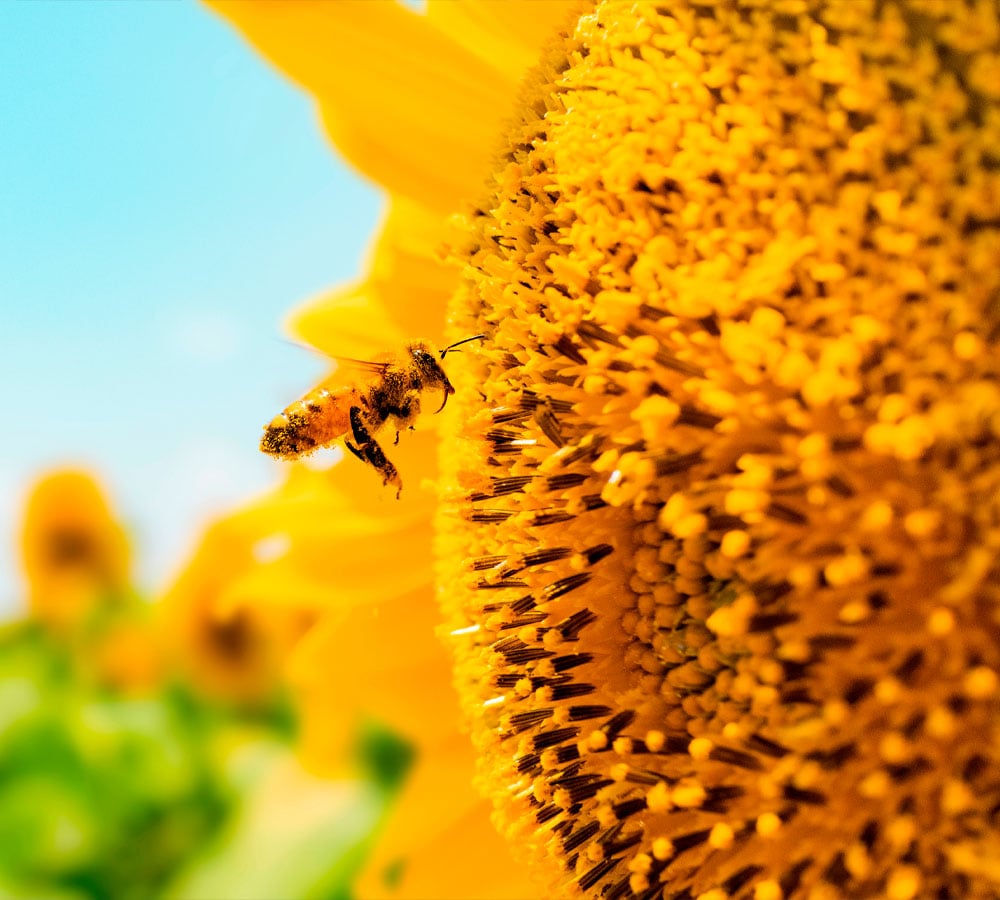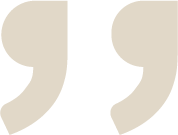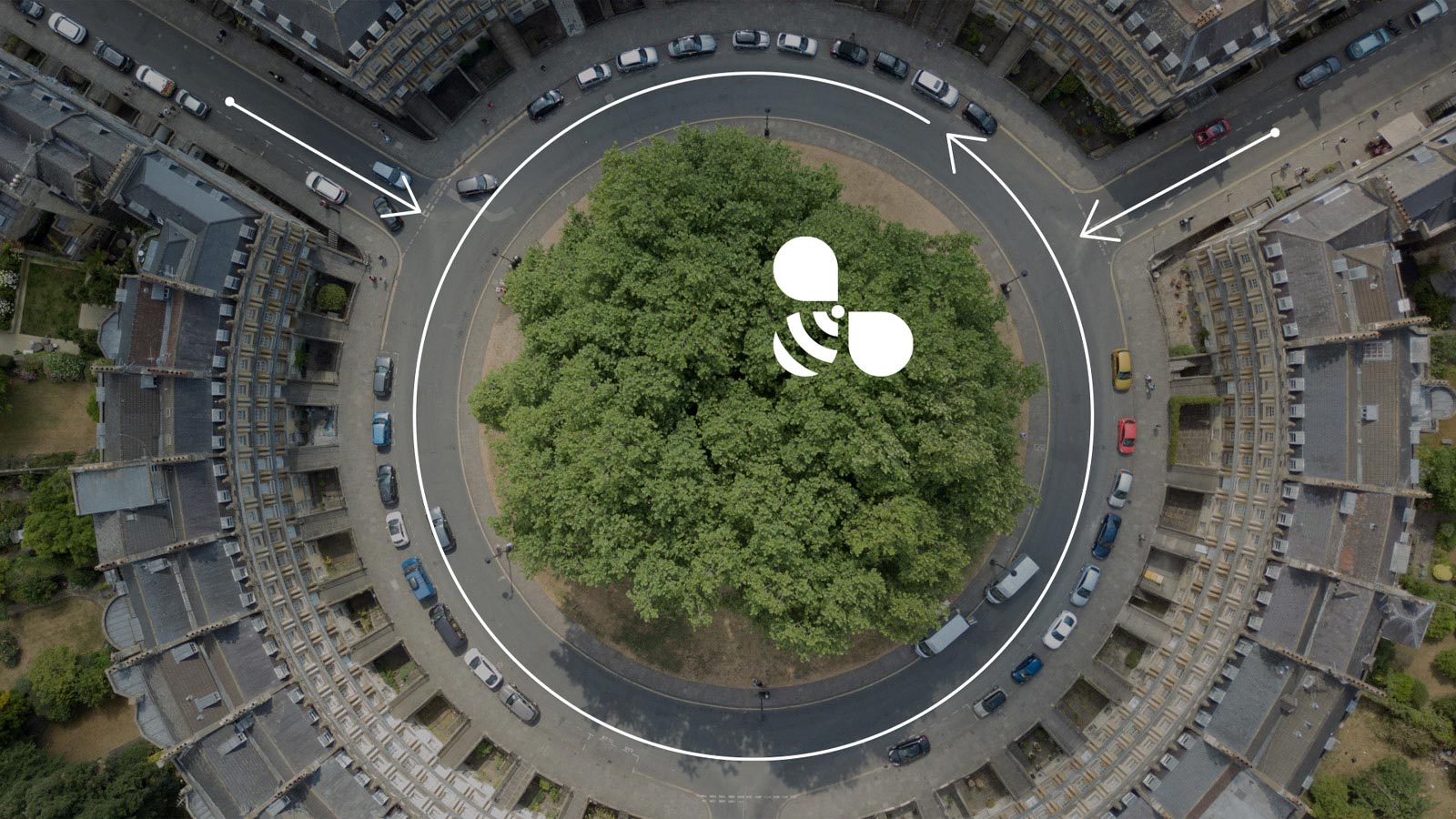Milgro's vision explained by its co-CEOs Laurens Groen and Ruud Hageman
The days of mining for gold in garbage heaps are over: there is hardly anything left to be found. The recycling economy is coming to an end and now it is about time companies start integrating natural capital into their business operations. This means sustainable management of natural resources. Circular economy is about extending the lifespan of natural resources and about realizing profitable sustainability. ‘We need to move from squirreling away to responsible shopping. From creating scarcity and fear to fruitful cooperation resulting in bloom and growth of the economy and society.’
Consequences of the covid-19 crisis
In economy, all things turn out to be interrelated. One of the consequences of the covid-19 crisis you never read about in the media is the following: Since Schiphol has been almost shut down, numerous households in Amsterdam are now in danger of being left out in the cold. How can this be? Waste handling company AEB Amsterdam converts Schiphol's waste into district heating. For months they have noticed a halt in the supply of waste now that Schiphol no longer produces waste. Yet another example, the opposite of the first one. During the first lockdown in the spring of 2020, the almost complete fall-off of the export of flowers and plants prompted growers to withdraw a large part of their production from the market.
‘This meant a huge amount of additional wastage’, Ruud Hageman concludes. ‘Luckily, the market recovered faster than was expected. In addition, domestic demand for flowers and garden plants improved as a result of COVID-19. But during those first few months, as Milgro, we had to triple our services to our customer Royal Flora Holland to process all those volumes. After all, you can't just interrupt the growth of flowers.’
Gaining control of waste gives companies control of this process
The two examples above both show, each in their own way, the importance of being in control of your waste and the waste-disposal. That is, having control over waste. ‘Shutting down the economy, doesn't mean the waste will stop all at once', Laurens Groen argues. ‘More than that, this is a case of disruption, which leads to an increase of wastage here and a halt in a waste stream there. You have to be able to receive these blows well, you know.’
‘The linear economy is reaching its limits. We are all busy exhausting the earth. The focus has to shift away from recycling, our focus should rather be on extending the lifespan of raw materials.'
Laurens Groen
‘‘The COVID-19 crisis holds a mirror up to our face in this respect, Laurens Groen continues. ‘The linear economy is reaching its limits. We are all busy exhausting the earth. The focus has to shift away from recycling, our focus should rather be on extending the lifespan of raw materials. Only then can you make the use of raw materials more sustainable, and that is a prerequisite for achieving a circular economy, including minimum emission and maximum value retention. After all, recycled raw material still is an occasion. This is different in case of reused raw material, for that is 'as new'.’
The result is profitable sustainability
All of this leads to financial profit in turn, because the longer raw material pays off, the more profitable it is, Ruud Hageman explains. That's why it is really important you put managing natural capital at the heart of your business, he stresses. ‘Like managing human resources and financial resources are a natural part of the primary business operations of companies, the same should apply to natural resources. Resources management must become a full-fledged profession. And we call it the New Normal.’ You cannot picture a professional company without a HR manager, the same should apply to the NC manager within any company of reasonable size. The Natural Capital Manager. You don't employ them just because your own company will benefit from them, but society as a whole. Earth and earn go together,' Laurens Groen states.
The new economy, the new normal
Laurens Groen: ‘The New Economy, the new normal, is all about profitable sustainability. This is the basis for sustainable profitability. And it just fits in with the current market. When you do the right thing, you will create impact automatically, entailing growth and bloom. In doing this, you are building a better world.’ ‘Mind you, it's not idealism’, Ruud Hageman emphasizes, ‘it is motivated by a profit target.’ But it's about sustainable profit, i.e. profit for company, planet as well as people. In other words: in the New Normal, green is the new gold. But making money with green can only happen if waste is a manageable process, the wastage of natural resources is reduced, and the lifespan of natural resources is extended. They are reused sustainably, without turning into waste that can only be incinerated or downcycled at the very most.
‘To extend the lifespan of natural resources, we must shift to a different economic model, changing from possession to using and preserving natural resources'
Ruud Hageman
‘To extend the lifespan of natural resources, we must shift to a different economic model, changing from possession to using and preserving natural resources', Ruud Hageman continues. ‘The waste processor, i.e. the recipient, should not the waste in their possession. The person who introduces the natural resources in the chain must remain responsible for those particular resources.’ ‘We are all buying Christmas trees for Christmas. Once Christmas is over, we no longer want them and throw them out. You ought to oblige garden centers, nurseries, and other Christmas tree vendors to simply take back those trees. Just take that responsibility. Once that happens, they will rush to ensure that those trees can be replanted and continue its growth, until they are used again the following year,' Laurens Groen states.

‘Squirreling away is an excellent example of society's insanity’, Laurens Groen claims. ‘Consumers, triggered to do so, buy so many things, it is useless and a lot of it is wasted. The massive overstocking of toilet paper you saw happening in the early days of covid is another rather harmless example. This indicates just how impressionable consumers are. But as far as we are concerned, hoarding doesn't belong in the new economy.’
From hoarding to bee-ing
Ruud Hageman: ‘From hoarding to bee-ing. You know, to bee, used as a verb.’ ‘True, we ought to bee more', Laurens Groen agrees with him. ‘Here, the squirrel symbolizes the linear economy, whereas the bee is the metaphor of the circular economy.’ Ruud Hageman states: ‘The bee preserves and restores natural ecosystems and is vital to growth and bloom. The bee keeps the ecosystem fruitful and productive.’ ‘So, the bee is really the actual supplier of ecosystem services', says Laurens Groen. ‘Just like Milgro does in the management of natural resources. We connect disposers and recipients. And nature and technology as well.’











